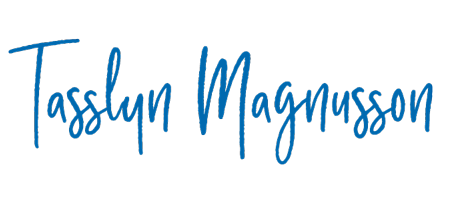I think there’s something magical about a story told through poetry – and we are lucky to have some master poets contributing to this genre (Nikki Grimes, Elizabeth Acevedo, Kwame Alexander to name a few).
I’m going to bet that Aimee Lucido will join those ranks. If there ever was a book meant to be in verse, it is most certainly Emmy in the Key of Code. Between the coding and the musical metaphors that underlie the story, verse is the natural expression of both Emmy as a character and her story. Aimee Lucido uses complicated articulations of coding and poetry that together, because of the strength of the story, flow naturally and beautifully together.
Because I love verse novels and am fascinated by the poetic choices that enhance the story, let’s take a closer look at a few of these poems and consider how through her poetic craft, Aimee Lucido captures a beautiful story about learning to be yourself.
At first glance, “Locker Number 538” looks to be a straight-forward poem. Emmy’s trying to open her locker for the first time. Line breaks and white space are critical. See how each part of the combination gets its own line. Emmy is deliberate and methodical. We learn about the reality of this new situation with “stuck” – the final line of the poem and the sentence – being towards the right margin. By itself. Emmy is stuck opening her locker. She’s stuck in this new school. She’s stuck feeling out of place. One of the benefits of white space in verse novels is it carries parts of the story. While the verse can enhance the immediacy of the narrative, at the time same, it allows us to sit in that moment. We too are stuck with Emmy and feel her frustration and concerns.
← click image to see full page
“Spotlight”
Aimee Lucido makes a margin decision in “Spotlight” that again shapes the scene for us, the reader. The final line, “singing a solo,” is tucked flush right, by itself, away from the chorus of lines and action happening before this, just as Emmy is alone, surrounded by kids with relationships and connections she doesn’t have (yet).
← click image to see full page
“Looking Up,” is a poem that speaks to Emmy’s loneliness. One of the exciting white space/textual things I noticed was the erasure of the final line “is even worse.” The graying of the letters echoes and earlier poem where Abigail (a potential friend for Emmy in the new school) erases her choices in the line of sight of Emmy. Lucido doesn’t write Emmy is lonely. She writes a poem that through craft choices makes an environment on the page that immerses us, the readers, in Emmy’s world. We truly understand, alongside of Emmy, she feels not seen and maybe even a little erased.
← click image to see full page
“Ms. Delaney Says” is the first poem to incorporate programing as Ms. Delaney teaches Emmy and her coding classmates about the basics of Java. She does it by asking them to hear the sounds of the program. As Emmy investigates typing these sounds, she moves across the white space of the page, engaging with this new language, connecting it to what she knows about music and notation. The ways in which Emmy, and only Emmy will see the world – music and coding – come into alignment in this poem. The verse allows the readers into the experience of Emmy and it is joyful.
← click images to see full page
By the time Emmy’s mom picks her up in “So I don’t Get My Hopes Up,” Emmy uses Java programing language conventions to indicate what she says out loud and what she thinks. Poetry plus coding complete. The integration is seamless. Emmy is growing and changing right before our eyes.
← click image to see full page
As the author, Aimee Lucido gives us the keys to experiencing Emmy’s world of poems and coding. She taught us how to read Emmy’s story – and the best news for all of you, is there is so much more to come in the book. I could go on and on describing the incredible ways in which the structure of poems shapes the story and add to the characterization of Emmy and her friends – you need to see it for yourself.
Remember you can still preorder EMMY at bit.ly/EITKOC-indiebound and bit.ly/EITKOC.






